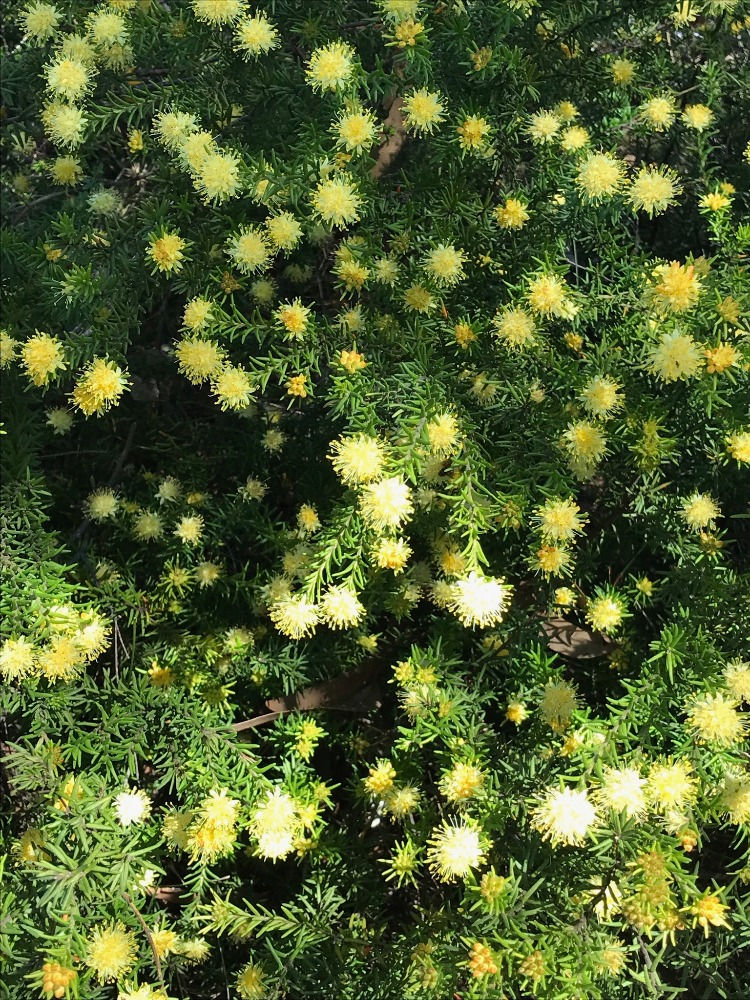Writing our encounters
- theraschke
- May 25, 2024
- 4 min read

As I start preparing for an upcoming 'Deep Encounter: Writing for Insight and Transformation' workshop, I am reflecting on why I feel so compelled to write. The following is the beginning of such an exploration. I hope you enjoy these words.
***
Friday afternoons were always exciting. Mum would pick me and my brother up from school and drive us to Nonna and Nonno’s orange brick veneer house in North Altona (Victoria, Australia). Nonno was often pottering in the vegetable garden, ready to greet us with his broad smile and blue-grey, sparkling eyes. On sunny days, he would have a handkerchief knotted into a parachute-hat formation secured to his bald head as sun protection. My brother and I would look at each other knowingly. A threadbare handkerchief against the UV-laden Australian sun? Nonno gave his migrant self away. Despite persistent Slip Slop Slap television advertising, Nonno remained innocently ignorant to the perils of the Australian sun. No one was surprised when, in his later years, he had a recurring melanoma that required surgery so many times that he died with an open wound on the top of his head.
My brother and I wanted to get straight into watching Friday afternoon cartoons, but I’d pause on the outskirts of the vegetable garden to assess which produce were ready to pick: tomatoes, peas, cucumbers, broad beans. Nonno would nudge me to try a vegetable but, true to vegetable-averse-child form, I would prefer the non-vegetables: either fresh almonds or figs plucked straight from the tree.
The Italians call almonds mandorla. In my bastardised version of Italian-English-Calabrese, I called them ah-mandala. For most people, almonds come from the confines of plastic bags laid out on supermarket shelves. Dark brown, eye-shaped but hard, ready for crunchy eating. For me, almonds come from a pale green and velvety encasement the size of a small plum. I would break through the succulent fuzz, sometimes with a hammer, and peel the makings of the almond shell away. From there in the almond lay in waiting. I would peel the cream-coloured almond skin away from the flesh, pop it into my mouth, and chew into the solid milkiness until swallowing. Now, as an adult, I am impossibly addicted to almonds.
In religion and depth psychology, the mandorla, the almond shape, holds sacred significance. It is otherwise identified and described as vesica piscis, the union of opposites, which inevitably leads to tension. In reflecting on human emotions and experiences, very few, if any, can neatly fit into ‘either/or’ categories. As I read in an interview with Barbara Blackman, we live within paradoxes (in The Search for Meaning by Caroline Jones). The psyche possesses countless unions of opposites, and I know that this precondition subsists deep within me: a tendency to find myself occupying in-between spaces, sensitive to any disturbances, wishing for homeostasis.
I feel I need to write about this. But I have been resistant to writing anything resembling a memoir. There is enough out there, already. So many confessional accounts of our lives, sometimes very hagiographic, of the ‘survivor’ or ‘against all odds’ narratives. My experience could not credibly be written along such lines, although I could try. But I am curious about how we experience and understand our lives, particularly during my training to become a psychotherapist. Why do we reminisce, I wonder, as I listen to an elderly woman in a nursing home tell me poignant life stories, telling me as much as she can because she knows dementia is creeping its way through her memories? Why do I choose to listen to other people recount their experiences, their secrets, their fears, foibles and anguish?
Writers, artists, creatives. We’re all compelled to document our slice of encounters with the human condition because existence bears an inherent significance which remains elusive and unknowable. So perhaps it doesn’t matter that the processing and recollecting of memories, which are then offered as words on a page, is fallible. Perhaps what matters is that they be impressed upon us, and then expressed.
And, so, I write. And it has to be about growing up among my migrant families. Lives lived with simplicity, frugality, enduring connections (sometimes pressured obligation and expectations). Homes filled with what could only be afforded over the years, most items kept and cared for over decades. There was no liberal materialism, no discretionary spending, instead a thriving cash economy wrought by the frugality. In some relatives’ homes, there were bibles and Catholic iconography laid about. Simple lives. Huge baking days (pizza, biscotti, macaroni, gnocchi), bottling passata, eating fresh almonds, figs and prickly pears, journeying to the shops with a trolley in tow.
***
There are so many more slices of encounters for me to write about and document. I will keep going. I hope you will start or, if you've started already, will keep going, too.
Come along to Deep Encounter: Writing for Insight and Transformation on Sunday 28 July at Green Door Studios in Robertson NSW.



Comments